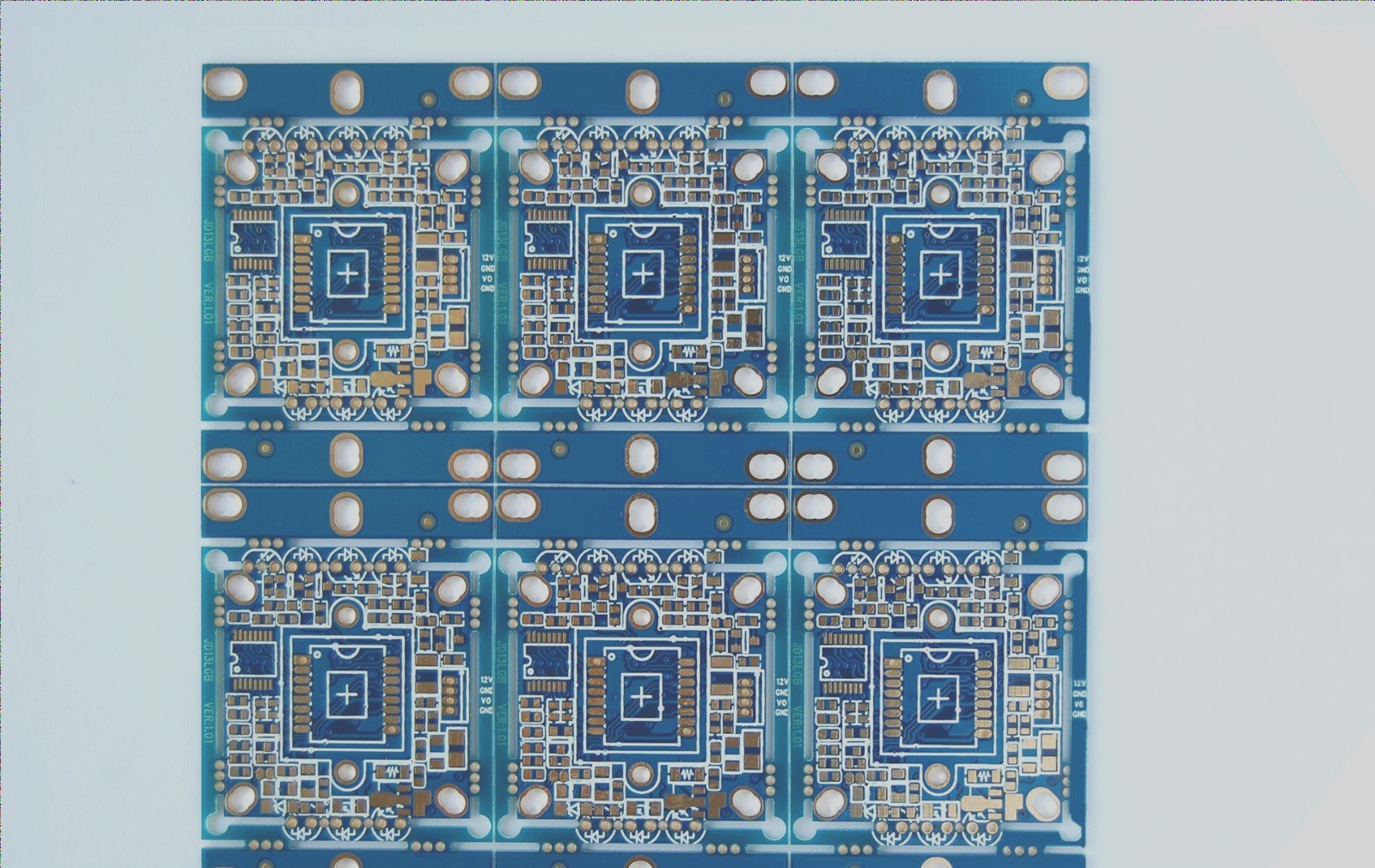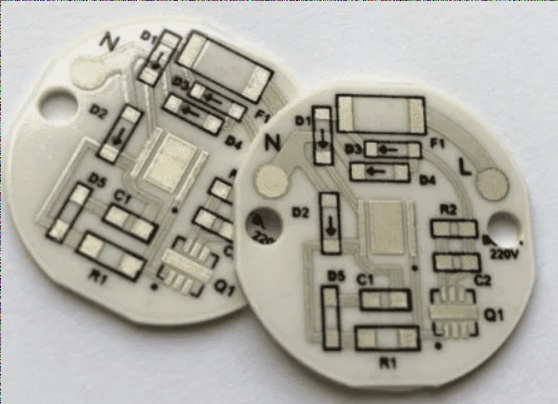Effective Strategies for Reducing Printed Circuit Board Manufacturing Costs
-
Optimizing PCB Size Design
Consider the impact of PCB size on manufacturing costs. Large copper clad plates may require additional processing steps to fit into equipment, increasing expenses. Determine the optimal size based on equipment capabilities and various process parameters such as hole width, allowances for plating, shaping, and alignment marks.
-
Managing the Number of PCB Layers
Be mindful of the number of layers in PCBs as it directly affects production costs. While designing complex boards with more layers can be costly, exploring options like transitioning from a 6-layer to an 8-layer board could lead to long-term cost savings and economic advantages.
-
Utilizing CEM-3 Material
Consider using cost-effective CEM-3 material as an alternative to traditional epoxy resin glass cloth copper-clad plates. CEM-3 consists of thin sheets sandwiching an epoxy resin glass cloth plexiglass non-woven fabric, reducing costs while maintaining quality. This versatile material can serve as a core for multi-layer rigid PCBs, offering flexibility and cost-effectiveness in manufacturing.
-
Latest Trends in PCB Manufacturing
Recent advancements in PCB manufacturing include the adoption of AI-driven design tools for optimizing layouts, reducing material waste, and enhancing efficiency. Additionally, the integration of IoT capabilities into PCBs is revolutionizing the industry by enabling smart and connected devices.


